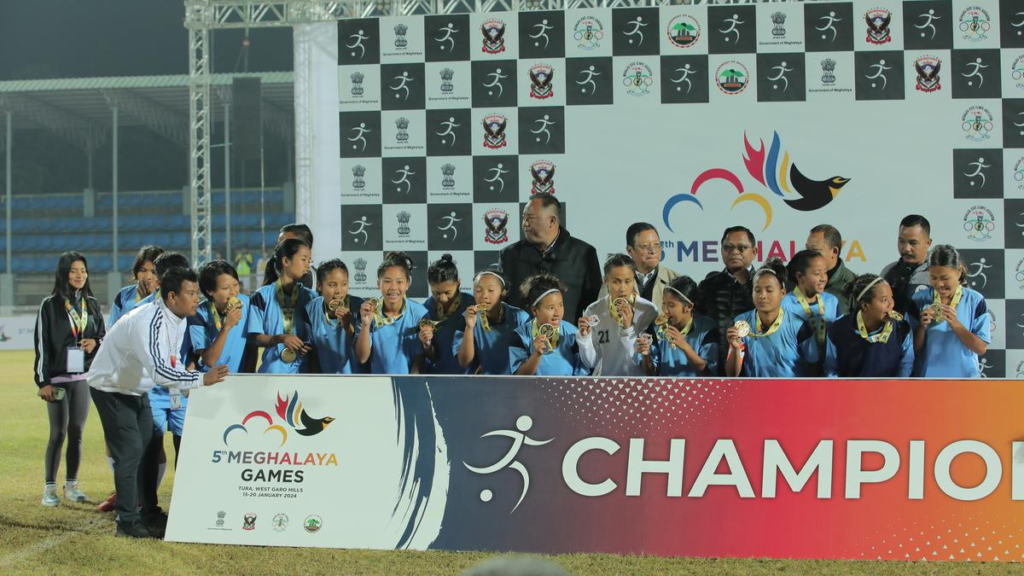
The recently concluded Meghalaya Games held in Tura, West Garo Hills district, were more than just a multi-sport event. They served as a crucial dress rehearsal for both the host district and the state as a whole, in preparation for the upcoming 40th National Games.
Tura Steps Up to the Plate: Infrastructure and Logistics
Tura, for the first time, shouldered the responsibility of hosting the Meghalaya Games. The district successfully managed the logistical challenges of accommodating and catering to athletes from across the state. Upgrading and developing sporting infrastructure played a key role. This included ensuring proper maintenance of existing facilities and potentially constructing new ones to meet specific needs. The smooth conduct of the Games demonstrates Tura’s readiness to host larger sporting events in the future.
Identifying and Nurturing Local Talent
The Meghalaya Games provided a vital platform for unearthing and nurturing local sporting talent. Athletes from across the state participated in various disciplines, showcasing their skills and potential. This exposure to a competitive environment allows coaches and selectors to identify promising players who can be groomed for future national-level competitions.
A Testing Ground for Meghalaya Ahead of Nationals
The Games functioned as a trial run for the 40th National Games, which Meghalaya will be hosting in the near future. It allowed organizers to assess their preparedness in various aspects, including:
- Venue Management: Effectively managing competition venues, ensuring proper equipment and facilities, and maintaining a smooth flow of events.
- Accommodation and Transportation: Coordinating the logistics of housing and transporting a large number of athletes, officials, and spectators.
- Security and Medical Support: Implementing robust security measures and ensuring readily available medical facilities for any unforeseen circumstances.
- Volunteer Management: Effectively recruiting, training, and deploying volunteers to assist with various tasks during the Games.
By identifying areas for improvement based on the Meghalaya Games experience, organizers can work towards a seamless and successful execution of the National Games.
Beyond Competition: Building a Sporting Culture
The Meghalaya Games played a significant role in promoting a culture of sports within the state. Witnessing high-level competition across various disciplines can inspire youngsters to pursue sports at a competitive level. Additionally, the Games can contribute to increased public interest in sports, potentially leading to higher participation rates across different age groups.
In conclusion, the Meghalaya Games served a multifaceted purpose. They provided a platform for showcasing Tura’s capabilities as a sporting host, identified promising athletes, and functioned as a crucial stepping stone for the upcoming National Games. By fostering a love for sports within the state, the Games have the potential to leave a lasting positive impact on Meghalaya’s sporting landscape.
